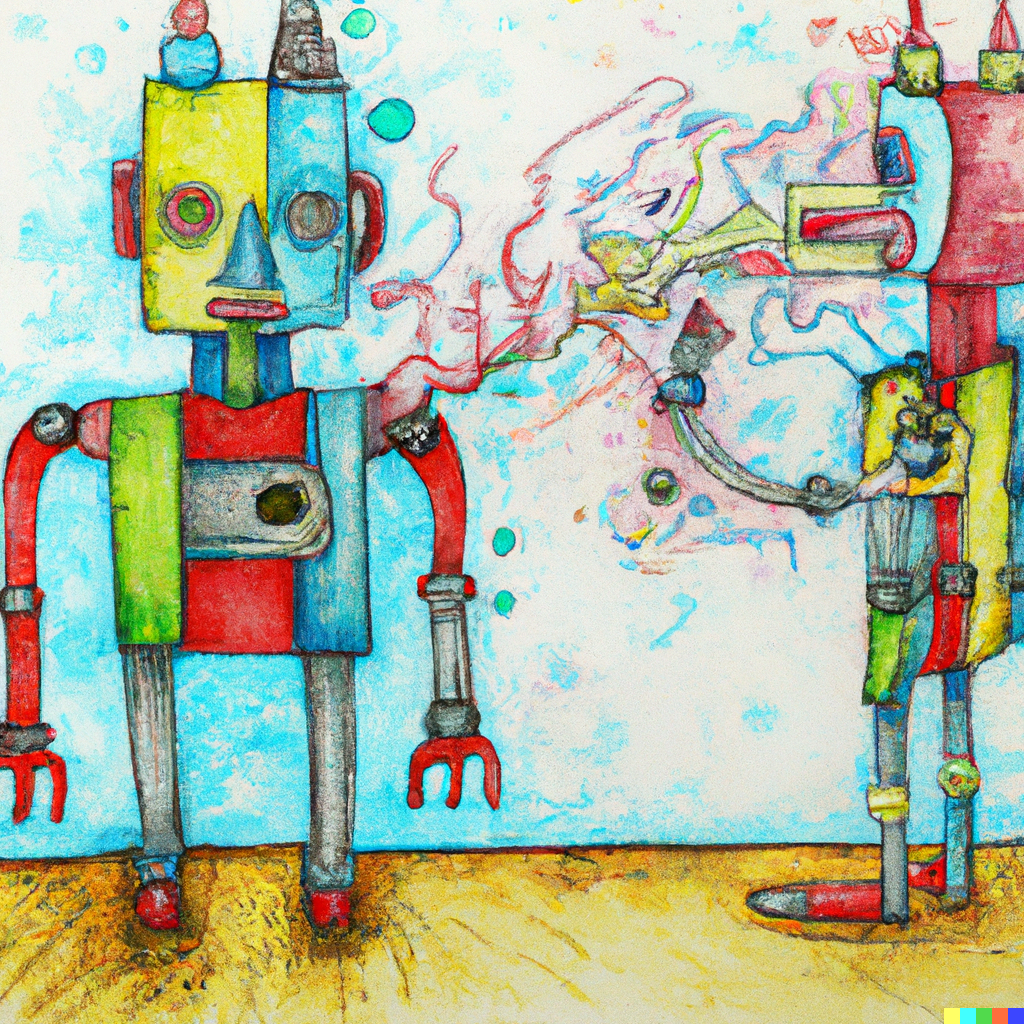THANK YOU!
We sincerely appreciate your generous donation to Entheology Project Inc. As a 508(c)(1)(a) non-profit religious organization, your donation is tax deductible. You will receive an email confirmation for your records, which can be used for tax purposes. Your support helps us continue our mission and make a meaningful impact!
Billing Information
Your credit card will be billed under "Entheology Project Inc." with the description "Donation." If you have any questions or need further assistance, please do not hesitate to contact us. Thank you once again for your support!
Best Regards,
EP Support
info@entheo.info
Looks like there was a problem processing donation.
Avoid High-Doses of Psilocybin with Bipolar, Schizophrenia, and Borderline Personality Disorders
By Rev

An Exploration into the Neurobiology and Safety Guidelines
Psilocybin, a powerful psychoactive compound present in magic mushrooms, is increasingly investigated for its potential therapeutic applications. However, its consumption can pose significant risks, especially for those with a family history of bipolar disorder, schizophrenia, or borderline personality disorder. Current research emphasizes a crucial relationship between these mental health disorders and negative psychedelic experiences, such as psilocybin-induced psychopathy.
Neurobiological Aspects and Potential Risks
1. Predisposition: Individuals with familial histories of bipolar disorder, schizophrenia, or borderline personality disorder exhibit an elevated risk of developing these conditions, primarily due to a combination of genetic and environmental factors.
2. Serotonin and Psychedelics: Psilocybin primarily interacts with the brain’s serotonin system, binding to the 5-HT2A receptor. Dysregulation of serotonin is a common feature in numerous mental health disorders, including the ones mentioned above.
3. Bipolar Disorder: Characterized by alternating episodes of mania and depression, bipolar disorder can potentially be triggered or exacerbated by psychedelics like psilocybin, intensifying mood instability.
4. Schizophrenia: This complex psychiatric disorder, marked by hallucinations, delusions, and emotional disturbances, shares symptom similarities with acute psychedelic-induced psychotic episodes.
5. Borderline Personality Disorder: Marked by emotional dysregulation, impulsivity, and unstable relationships, borderline personality disorder symptoms may potentially be amplified due to the emotion-intensifying effects of psychedelics.
The complexities and potential risks of high-dose psilocybin experiences in these predisposed individuals are not entirely understood due to the limited research conducted outside controlled settings. Given these risks, it is recommended that such individuals exercise extreme caution, if they choose to experiment with psychedelics at all.
General Guidelines
Those considering psychedelic use should consult with a healthcare professional knowledgeable in psychedelics and mental health. Low initial doses are advised to gauge personal sensitivity and minimize risk. The set and setting significantly impact the psychedelic experience, emphasizing the need for a safe and supportive environment. Post-experience integration and mental health monitoring are also pivotal, ensuring any emotional changes can be addressed promptly.
This comprehensive approach, coupled with a better understanding of the neurobiology and potential risks, can help individuals make an informed decision about their mental well-being when considering psilocybin use.
This document was generated by MushGPT using the following references:
- Vollenweider, F. X., & Kometer, M. The neurobiology of psychedelic drugs: implications for the treatment of mood disorders. Nature Reviews Neuroscience. Retrieved from https://www.ncbi.nlm.nih.gov/pmc/articles/PMC4813425/
- Johnson, M. W., et al. The relationship between psychedelic use and psychiatric distress in a population of young adults. Journal of Psychopharmacology.
- Carhart-Harris, R. L., et al. Psilocybin with psychological support for treatment-resistant depression: an open-label feasibility study. The Lancet Psychiatry.
- Medium.com. Retrieved from https://medium.com/the-shadow/hot-take-psilocybin-was-the-biggest-mistake-of-my-life-f93cf6598974
- Studerus, E., et al. Acute, subacute and long-term subjective effects of psilocybin in healthy humans: a pooled analysis of experimental studies. Journal of Psychopharmacology.
- Griffiths, R. R., et al. Psilocybin-occasioned mystical-type experience in combination with meditation and other spiritual practices produces enduring positive changes in psychological functioning. Retrieved from griffiths-et-al-2017-psilocybin-occasion…, p. 2, pos. 146.



 Your payment is protected
Your payment is protected